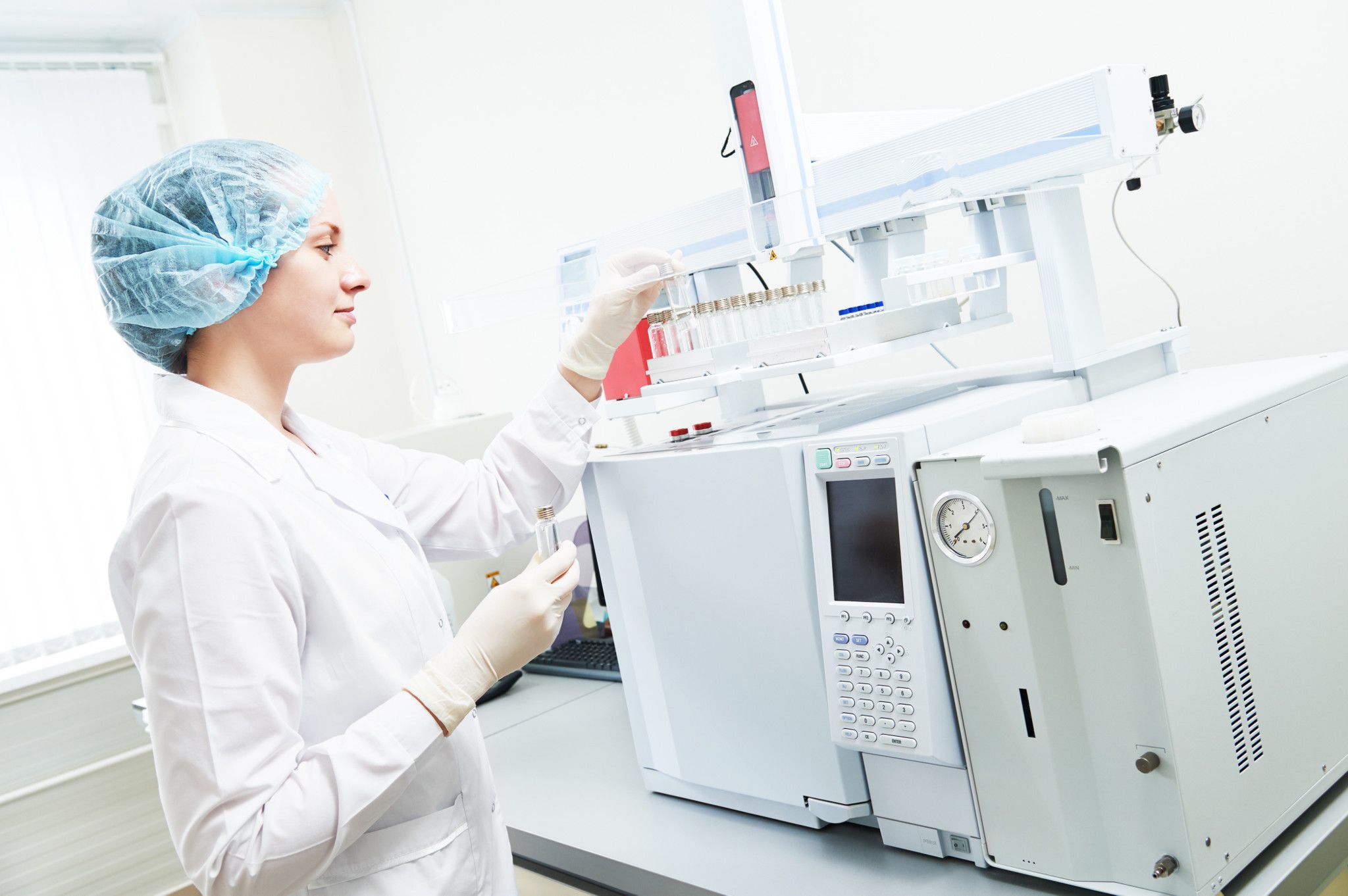Dishwasher Certification
While you are probably familiar with certifications related to energy and water efficiency, you may not know dishwashers can also be certified to sanitize glassware, dishes and cookware.
Certification to NSF/ANSI Standard 184
Next to handwashing, proper cleaning and sanitizing of kitchen work surfaces used for handling and preparing food are probably the most important ways to protect against foodborne illness at home. In fact, a 2011 germ study conducted by NSF found that the germiest place in most homes wasn’t the bathroom, but the kitchen.
While it’s important to regularly clean and sanitize kitchen countertops and sinks, the dishes and cookware used to prepare and serve food also need to be properly cleaned and sanitized between each use.
One of the ways to effectively clean and sanitize dishes is to use a dishwasher certified to NSF/ANSI 184: Residential Dishwashers. This standard helps confirm that a residential dishwasher can achieve a minimum 99.999 percent or 5-log reduction of bacteria when operated on the sanitizing cycle.
In addition to confirming the unit’s ability to sanitize dishes and cookware, NSF/ANSI 184 also establishes minimum design and performance requirements related to cleaning effectiveness. NSF uses over 100 pounds of cherry pie filling to test the cleaning effectiveness of residential dishwashers each year.
Comparison of NSF/ANSI 184 to NSF/ANSI 3
NSF/ANSI 3 establishes design, construction, material and performance requirements for commercial dishwashers used in restaurants and other facilities subject to public health inspections, while NSF/ANSI 184 sets requirements for residential dishwashers:
Residential Dishwashers (NSF/ANSI 184)
- Must achieve a minimum 99.999 percent or 5-log reduction of bacteria
- Must reach a final rinse temperature of 150º F
- Sanitization performance is verified only when the unit is operated on the sanitizing cycle
Commercial Dishwashers (NSF/ANSI 3)
- Must achieve a minimum 99.999 percent or 5-log reduction of bacteria
- Must reach a final rinse temperature of 165°F for stationary rack, single-temp dishwashers, and 180°F for all other commercial style dishwashers
Looking for a New Dishwasher?
How NSF Can Help You
Get in touch to find out how we can help you and your business thrive.

What’s New with NSF

NSF Shanghai Named Critical Site for NSF/ANSI 455 and NSF/ANSI 173 by ANSI National Accreditation Board
July 26, 2024
NSF Takes Center Stage at NEHA Annual Education Conference
July 25, 2024
NSF Asia Pacific Showcases Hospitality Solutions at THAIFEX HOREC Asia 2024 in Bangkok, Thailand
July 4, 2024